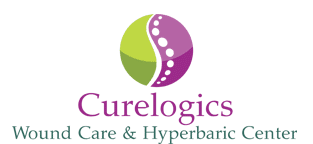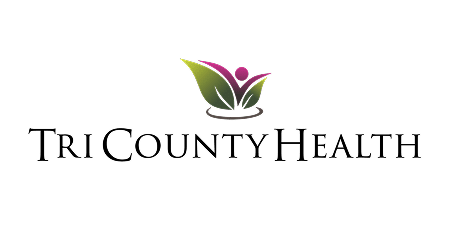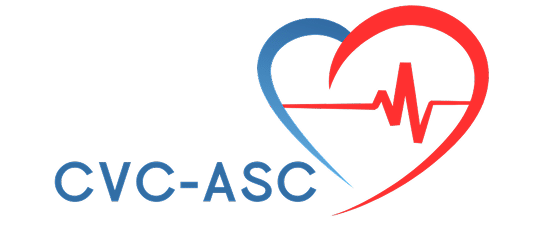Venous reflux, a common yet often misunderstood condition, occurs when blood flows backward in the veins, leading to venous insufficiency, also known as chronic venous insufficiency (CVI). This condition is a prevalent cause of various venous disorders, such as varicose veins, swollen and aching legs, and venous ulcers. Understanding venous reflux is vital for addressing these issues.
At Cardiac and Vascular Consultants, we pride ourselves on delivering exceptional care for venous reflux and other cardiovascular conditions. With esteemed experts like Dr. Shrikanth Upadya, a board-certified cardiologist, our practice stands out for its commitment to patient-centered care in Central Florida. We serve patients at our offices in The Villages, Lecanto, Leesburg, Wildwood, Summerfield, and Lady Lake, Florida.
Healthy vs. Unhealthy Vein Function
In a healthy circulatory system, your heart pumps oxygen-rich blood through the arteries, while veins carry oxygen-depleted blood back to the heart. This upward movement against gravity is aided by calf muscle contractions. Vein valves, small flaps within the veins, ensure blood flows in the right direction by opening to permit upward flow and closing to prevent backward flow.
When vein valves weaken, they fail to close properly, allowing blood to flow backward, which is the condition known as venous reflux. This dysfunction can lead to venous insufficiency, causing discomfort and potential complications.
Symptoms of Venous Insufficiency
Symptoms of CVI vary in severity, ranging from mild discomfort to significant complications. Common signs include:
- Leg pain, heaviness, or soreness
- Itchy skin or skin changes
- Swelling in the lower legs or ankles
- Development of venous ulcers near the ankles
Diagnosing Venous Insufficiency
Diagnosis begins with a thorough medical history and physical examination, focusing on skin changes, texture, and circulation. If venous insufficiency is suspected, we conduct a venous reflux exam (typically a duplex venous ultrasound). This non-invasive test uses a handheld device to assess vein function and detect any abnormalities.
Treatment Options for Venous Reflux
Initial treatment often includes conservative measures such as wearing compression stockings, elevating the legs, and weight management. If these methods are ineffective, advanced treatments may be necessary, tailored to individual venous anatomy and health history.
Non-Surgical Methods
- Endovenous Thermal Ablations: This procedure employs heat from lasers or high-frequency sound waves to seal affected veins, redirecting blood flow to healthier veins. It’s a safe, effective, and convenient option with no downtime.
- Sclerotherapy: In this treatment, a medication is injected into the affected veins, causing irritation and closure. Over time, the body absorbs the closed veins, alleviating symptoms.
Why Choose Cardiac and Vascular Consultants
Cardiac and Vascular Consultants, led by Dr. Shrikanth Upadya, offers unparalleled expertise in treating venous reflux. Our state-of-the-art facilities and compassionate care make us the premier choice for cardiovascular health in The Villages, Lecanto, Leesburg, Wildwood, Summerfield, and Lady Lake, Florida.
Get Help for Venous Reflux in Central Florida
Call our main office at 352-513-3482 or our Lecanto office at 352-633-1966 today. Let us help you achieve better vascular health today!


